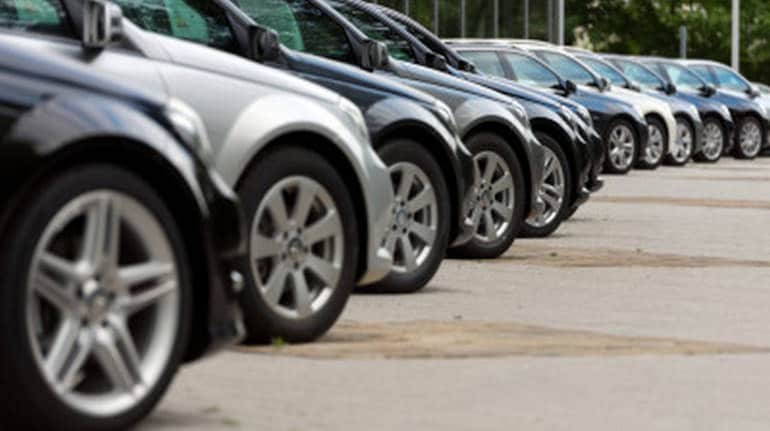



In the face of runaway fuel prices, we want cars that are lighter and therefore, need less juice at the pump. Unfortunately, cars have been getting bigger and heavier over the years, which translates into higher fuel consumption as well as maintenance costs. In the bargain, all the gains from increasing fuel efficiency are being lost.
Those who have ever driven the old classic Mini Cooper or the Honda Civic of the 1990s, testify to the definite difference in weight in the latest avatars of these cars and indeed both of them are heavier today by hundreds of kilos.
Data suggests that today's cars weigh on an average about 250-50 kg more than they used to. The 1987 Toyota Corolla for instance weighed 975 kg while a similar Corolla today weighs 1,300 kg. Partly, it is the size – they are bigger which means much more steel, glass and all the rest. Then there are the mandatory security features like anti-lock brakes and air bags, door intrusion beams as well as lots more of the bells and whistles – laminated glass, side mirrors, CD players, navigation systems, power windows and mirrors. In-car entertainment and comfort do come with a weight tag. To be fair though, it is the much more strenuous safety regulations that load up bulk of the fat.
Which is why, even F1 cars have added over 100 kgs in the past seven years, an increase of more than 16 percent since the end of the V8 engine era. They are also expected to continue rising, with Formula 1 insisting on stronger crash tests which will necessitate more impact-absorbing materials in the cars.
Technology has also had a role to play. The older cars, especially the sportier ones, had to be lighter if they had to go fast since the engines were much smaller than today’s beasts.
But let’s just not blame it all on the metal. We are to blame, too. As consumers, we’ve all grown bigger and well, there’s no skirting the issue, fatter. Blame the rich food which is the reason why we are all obese as compared to our grandparents. Besides, of course, the minor matter of sedentary lifestyles compounded by over-eating. According to a report by the National Center for Health Statistics in the US, the average weight of American men went up from 189 pounds in 1999-200 to 197 pounds in 2015-16 while for women, it was up from 163 pounds to 170 pounds in the same period.
Made for America soon became made for the new automotive growth markets of China and India which were peopled by younger consumers who are also bigger than ever before. A study by the All India Institute of Medical Sciences in 2012 showed that the average teenager in India weighs 15-20 percent more than she did 20 years ago with commensurate increase in height as well.
That’s also true of China, the other big consumer market, where people have used their country’s growing wealth to beef up. From 2004 to 2014, the prevalence of obesity increased more than three-fold across China, while the rate of abdominal obesity increased by more than 50 percent, says a report by the Chinese National Center for Disease Control and Prevention, Beijing.
China and India have been the biggest contributors to global automobile sales over the past 10 years. If the expanding girth of the emerging consumer in these countries needed bigger, and therefore heavier cars, Big Auto was ever willing to oblige.
And it doesn’t look like cars are going to shed much weight soon. Even the new breed of electric carmakers don’t seem to be paying heed to the coming generation of healthier and fitter drivers and riders. Thanks to the huge battery banks electric cars have to carry, they are equally heavy with honourable exceptions like the Renault Twizy, a featherweight at 450 kg. The top end Tesla P100D, for instance, weighs a mighty 2241 kg.
Maybe, what we need is a weight-control programme for cars akin to UK Prime Minister Boris Johnson’s obesity-busting diet plan for his country.
(Sundeep Khanna is a senior journalist. Views are personal.)
Discover the latest Business News, Sensex, and Nifty updates. Obtain Personal Finance insights, tax queries, and expert opinions on Moneycontrol or download the Moneycontrol App to stay updated!
Find the best of Al News in one place, specially curated for you every weekend.
Stay on top of the latest tech trends and biggest startup news.